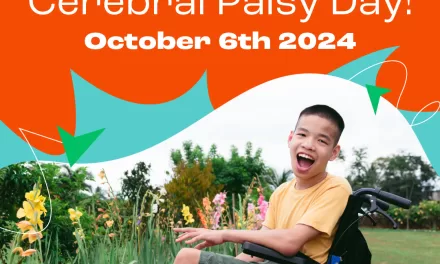India’s elderly population, currently estimated at 104 million, is expected to surge to 319 million by 2050, experts highlighted during a panel discussion on Friday. This unprecedented demographic shift demands urgent and collaborative efforts to address the healthcare challenges faced by the ageing population.
“Healthy ageing is about fostering physical, mental, and social well-being to enable people to live long, fulfilling lives,” said Anil Rajput, Chairperson of the Assocham National Council on CSR, the social arm of the industry chamber. He stressed the importance of creating supportive environments and policies to help older individuals maintain independence, remain active, and fully participate in their communities throughout their lives.
While the government has launched commendable initiatives for elderly care, significant gaps persist, particularly in geriatric healthcare, which remains concentrated in urban areas. Rajput called for a collective approach involving the corporate sector, civil society, and government to empower the elderly and ensure their well-being.
Globally, ageing is recognized as one of the 21st century’s most significant social challenges. In India, the tripling of the elderly population over the next two-and-a-half decades poses critical healthcare and social policy challenges.
Yoga and Lifestyle Changes for Healthy Ageing
Padma Shri Professor (Dr) Subhash Manchanda, a renowned cardiologist at Sir Ganga Ram Hospital, emphasized the role of yoga in addressing common health issues among the elderly, including heart disease, hypertension, diabetes, and joint problems.
“Scientific studies suggest that yoga can delay brain damage and may even have anti-ageing properties. It is a powerful tool for healthy and graceful ageing,” Dr. Manchanda said.
Professor Vinod Kumar, a senior consultant in medicine and former head of the Geriatric Clinic at AIIMS, outlined a holistic approach to achieving healthy ageing. He recommended a balanced diet free from addictions, regular physical activity, sound sleep, and relaxation. He also underscored the importance of mental, social, and spiritual engagement to promote happiness and longevity in old age.
The Path Forward
The rapid growth of India’s elderly population highlights the urgent need for a comprehensive national strategy. Experts agree that addressing this challenge will require a coordinated response from all sectors of society. Supporting the elderly through innovative healthcare solutions, community programs, and policy reforms will be critical to ensuring that India’s ageing population can live with dignity and independence.
As the country prepares for this demographic transformation, the focus must shift toward sustainable and inclusive measures that prioritize the well-being of older adults and strengthen the foundations of geriatric care across all regions.












